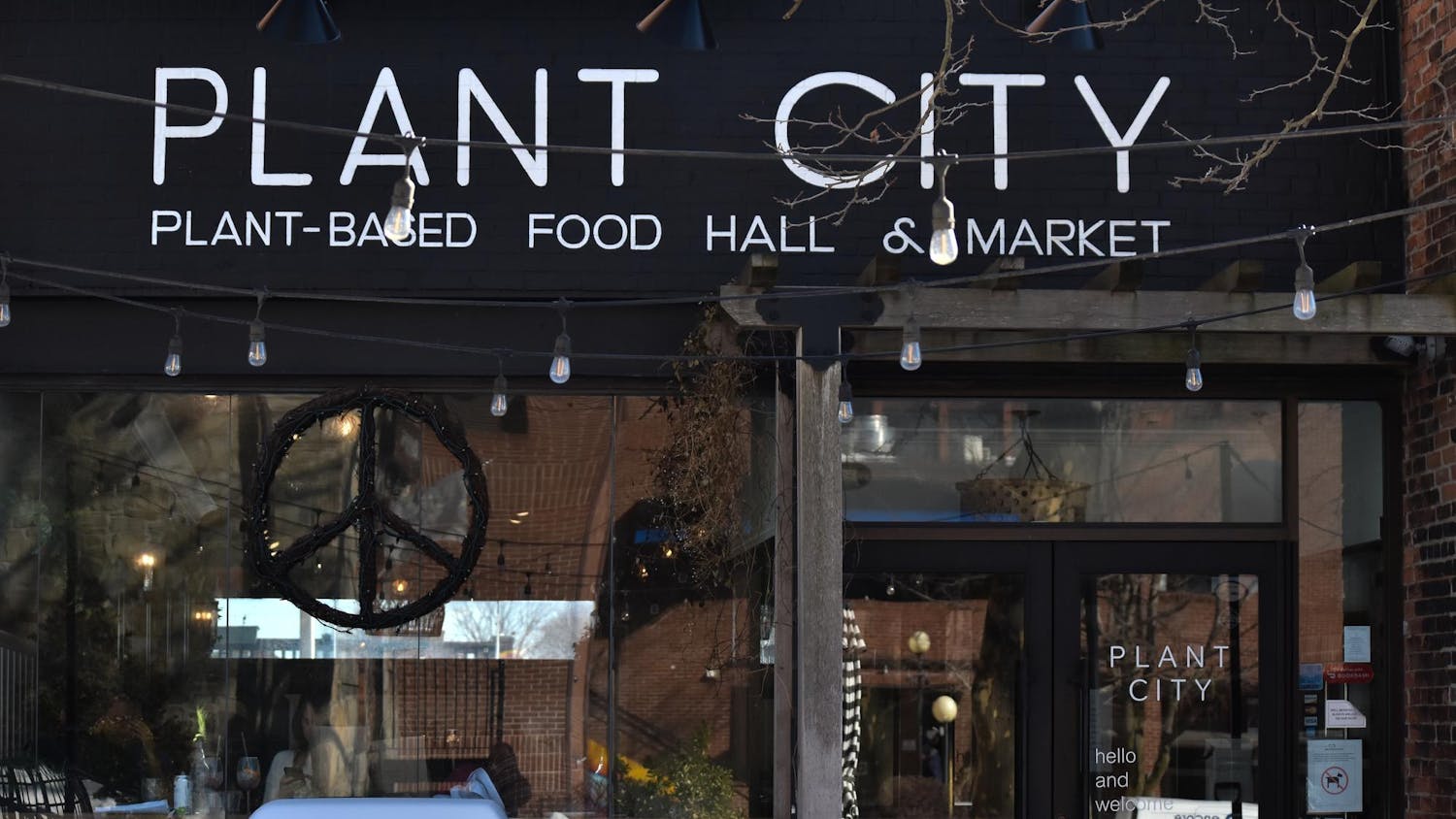On March 19, the RI American Cancer Society Cancer Action Network, commonly abbreviated as ACS CAN, held a virtual event titled “Beyond the Rainbow: Addressing Cancer Disparities in LGBTQIA+ Communities.” Held over Zoom, the event discussed the disproportionate impact of cancer on LGBTQ+ people and possible policy solutions.
Moderated by Bob Gordon, a longtime ACS CAN volunteer from California, the discussion attracted over 100 attendees. Its aim was to emphasize “the vital role of vibrant and diverse voices and raising awareness about the challenges facing (LGBTQ+) communities” as a part of the 22nd National LGBTQ+ Health Awareness Week, according to Gordon.
“Many of us face barriers to care, such as fear of discrimination from providers — in fact, one-third of LGBTQ+ people report that their health care provider never mentioned cancer screening to them,” Gordon explained.
The event’s three panelists were Professor of Medicine and Surgery Don Dizon, the director of Women’s Cancers at Lifespan Cancer Institute; Austin Morreale, a two-time cancer survivor and community engagement coordinator with three New Jersey nonprofits; and Gladys Arias, the principal for Health Equity Policy Analysis and Legislative Support at ACS CAN.
During the talk, Dizon emphasized the importance of building trust between healthcare providers and LGBTQ+ patients, especially since many sexual and gender minorities have had negative experiences with the healthcare system.
“In the doctor-patient relationship, there’s a lot of discomfort about talking (with) people about their sexual orientation or gender identity,” Dizon said.
Assumptions about sexual and gender minorities, such as the idea that lesbian women are not at risk for HPV, often prevent them from receiving timely care or early cancer detection, raising the risk of mortality.
The problem is widespread, Dizon said, citing a 2016 study that found that nearly half of all medical students exhibited some explicit bias against sexual and gender minorities, while over 80% exhibited implicit biases.
As a cancer survivor, Morreale shared that these biases had personally affected him, prolonging his battle with uterine cancer by blocking his access to screening.
“The health clinic I’d been going to had gotten me a script for a vaginal ultrasound. However, when I went in to get the ultrasound, I thought it was prudent to share … that I was gay,” Morreale said.
“At that moment, the tech said, ‘If you’ve never had heterosexual sex, then I cannot do this.’ If she (had administered the ultrasound), I fully believe the cancer would have been caught much, much earlier,” Morreale said.
Though Morreale ultimately recovered, his cancer went undetected until it reached Stage IIIC, at which point it had already spread to his pelvic lymph nodes.
Morreale, Dizon and Arias all highlighted the importance of education and awareness in combating these healthcare disparities.
The impact of gender-affirming hormone therapy on uterine, breast and other hormone-driven cancer outcomes is one area where additional research could improve healthcare provision, Dizon said. Many providers and patients still fear that hormone therapy worsens the odds of cancer survival despite current, limited data suggesting otherwise.
“(When) making a decision in the face of uncertainty, one of the things that happens a lot is this sense of blame, the idea that ‘if you do this and your cancer comes back, it was your fault,’” Dizon said. That’s “psychologically and physically devastating and almost antithetical to why we treat … cancer in the first place.”
The discussion also emphasized that passing bills, such as those that mandate the collection of sexual and gender identity demographics, is often not enough.
“Implementation is a whole other beast … after you’ve drafted (a) policy or a bill,” Arias said.
Even after bills are signed into law, implementing them often takes months or even years. Developing strength in numbers — collaborating with other round tables, coalition and advocacy groups — is key to elevating the importance of certain issues, Arias explained.
Arias also highlighted the necessity of sharing stories like Morreale’s. “Sometimes policy can … feel complicated to understand, and there can be a lot of jargon, and the ultimate message of how it impacts patients and make their lives better” is lost, she said.
Arias also described the ACS CAN’s advocacy work, which ranges from cancer prevention initiatives to anti-discrimination bills. For example, ACS CAN lobbies against conscience clauses, which protect healthcare providers who refuse to provide services on moral and religious grounds. These clauses, along with difficulty obtaining insurance and other systemic barriers, impede healthcare access.
Through the event, the panelists hoped to offer a better understanding of the opportunities and barriers in the LGBTQ+ healthcare space.
“Given the current national political climate, we in healthcare have to do our part to ensure care is equitable. No one benefits in segregated systems,” Dizon told the Herald.
Irene is a freshman from the Washington, D.C. area concentrating in Applied Math and International and Public Affairs. In her free time, she enjoys trying fun new snacks and exploring Providence's parks and shops.





